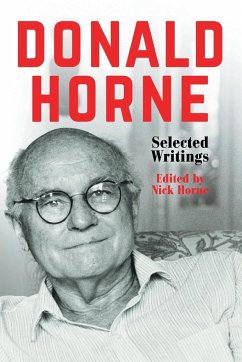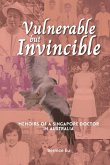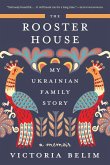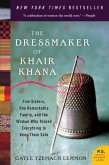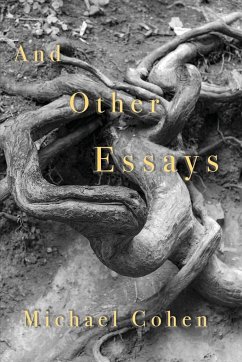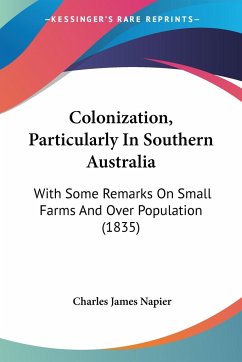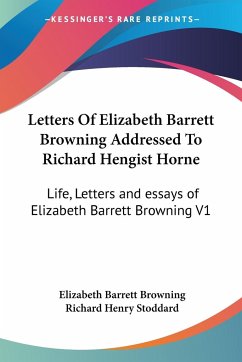One of Australia's leading thinkers for close to fifty years, Donald Horne was probably the best Australian non-fiction writer of his generation. This definitive collection of Horne's writing, thoughtfully selected by his son, Nick, tells the story of his life and intellectual development. From a position of doubting whether change was possible, he eventually became a proponent of the sensible reform necessary for Australia to prosper in a changing world. Horne made the case for a more open, modern, intelligent Australia, most famously in his seminal book The Lucky Country. Selections from this work sit alongside pithy reflections on Australian history and culture, as well as vivid autobiographical writing. With an introduction by Nick Horne and a biographical essay by Glyn Davis, this important book honours and illuminates the man who helped the nation understand itself. 'He was a great clarifier ... of many of the problems and dilemmas of society.' -Frank Moorhouse 'An independent, vigorous critic.' -Malcolm Fraser 'He is the finest [non-fiction] writer of our generation.' -Hugh Stretton
Hinweis: Dieser Artikel kann nur an eine deutsche Lieferadresse ausgeliefert werden.
Hinweis: Dieser Artikel kann nur an eine deutsche Lieferadresse ausgeliefert werden.

